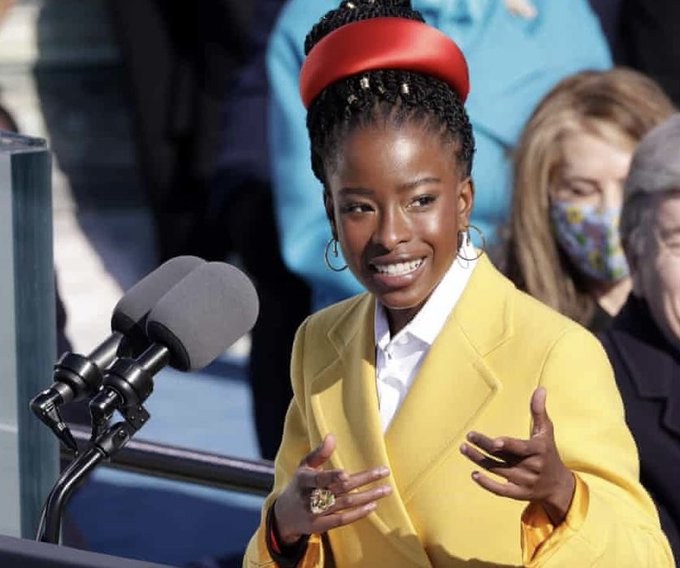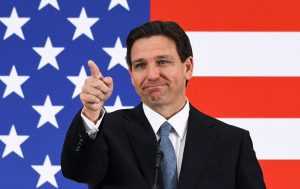A Florida school in Miami-Dade County banned the poem “The Hill We Climb” by Amanda Gorman from its curriculum.
The ban came after a parent complained that the poem contained “indirect hate messages.” The parent challenged the inclusion of Gorman’s poem, along with four other books, arguing that they were not age-appropriate for the students at the Bob Graham Education Center, which covers grades kindergarten through eight.
Also Read: Were assault weapons ever banned in the US?
The other books challenged by the parent were “The ABCs of Black History,” “Cuban Kids,” “Countries in the News Cuba,” and “Love to Langston.” The parent claimed that these books made references to critical race theory, gender ideology, and “indoctrination,” particularly of socialism. The parent requested the complete removal of these books from the school’s curriculum.
In response to the challenge, the school decided in April to restrict four of the books, including Amanda Gorman’s poem, to middle school students only. However, the parent expressed dissatisfaction with this decision, stating that the books did not align with the curriculum. The parent clarified that she was not advocating for the elimination or censorship of any books.
This incident is part of a broader trend in Florida, where book bans and restrictions have been increasing. As of March, at least 175 books had been banned in the state, according to PEN America, a nonprofit organization focused on defending free expression.
Also Read: Pornhub channel removed from YouTube: Parent company MindGeek denies policy violation
These book bans have raised concerns about the suppression of ideas and limitations on educational diversity and inclusivity. Critics argue that such bans restrict intellectual freedom and limit students’ access to diverse ideas and perspectives, raising concerns about the educational environment and the suppression of open dialogue.
Some argue that Governor Ron DeSantis’s administration has been actively involved in restricting diversity and limiting discussions on race and ideology in educational settings, prompting concerns about intellectual freedom.







